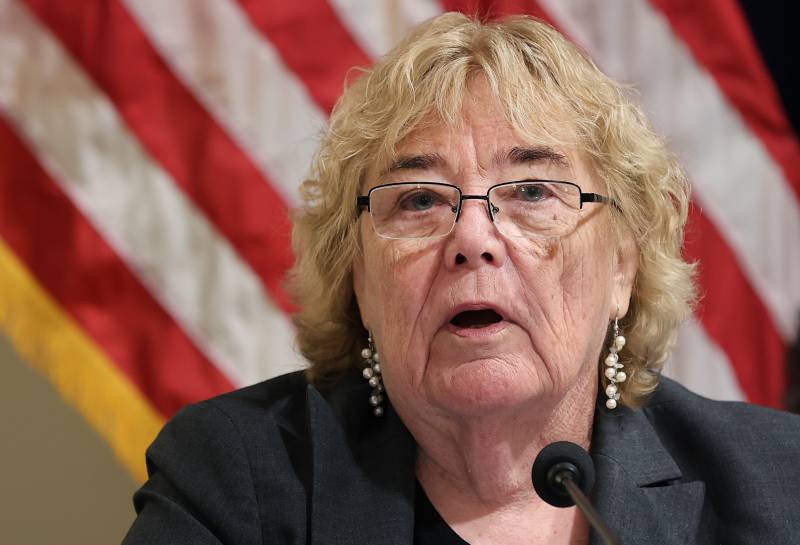San Jose Rep. Zoe Lofgren is introducing a bill today to transform the nation’s troubled immigration courts and protect them from partisan influence by making them independent of the Department of Justice, which is led by the U.S. attorney general — the nation’s top law enforcement officer and a political appointee.
The bill would create a new immigration court system under Article I of the U.S. Constitution, giving it independent status akin to bankruptcy or tax courts. It would include measures to ensure that judges are qualified and impartial, that rulings and court procedures are transparent to the public, and that the court’s budget does not depend on approval by the executive branch.
There’s a lot at stake in immigration court, yet the current system is not structured to deliver justice fairly, said Lofgren, a former immigration lawyer and chair of the House Judiciary Committee’s Subcommittee on Immigration and Citizenship.
“You could be separated from your family for the rest of your life. In the case of asylum, if a decision is made incorrectly, it quite literally could result in death,” she said. “[Yet] the judges themselves are appointed by the Department of Justice. They’re not at all independent. So it’s not a real court in the way we think of, and the stakes are very, very high.”
The current system, formally known as the Executive Office of Immigration Review, is also plagued by underfunding, an unprecedented backlog of 1.6 million cases, and a lack of protections for the rights of immigrants who appear in court to request asylum or fight deportation, observers say.

